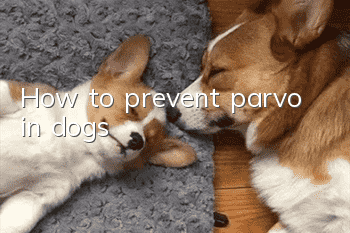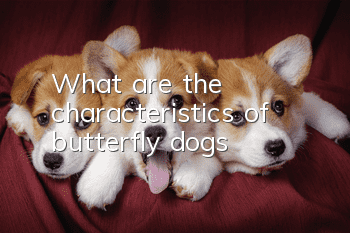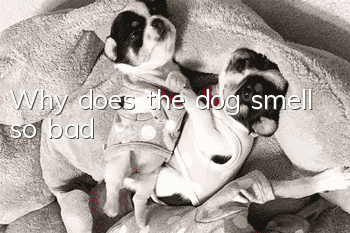How to prevent parvo in dogs

Prevention of dog parvovirus
1. The owner should take the dog to the pet hospital for vaccination in time.
2. Avoid bathing your dog or taking your dog out during the vaccination period.
3. After the vaccine is injected, take it to the hospital for antibody testing 21 days later to ensure the effectiveness of the vaccine.
4. Owners need to avoid letting dogs come into contact with sick dogs.
5. When the owner goes in and out, it is best to disinfect the door and soles of shoes.
6. For environmental disinfection, it is recommended to use pet disinfectant, because parvovirus is mainly infected through contact.
Causes of parvovirus in dogs
1. Insufficient immunity: When the dog is not immunized or the vaccine is incomplete, it is exposed to Dogs with parvovirus or their excrement, vomitus, and saliva may be infected with parvovirus when their owners return home. At this time, the dog's immunity is insufficient and unable to resist the invasion of parvovirus.
2. Stress triggers microorganisms: Puppies usually have very poor adaptability to the environment. Changes in the environment or sudden stimulation can cause them to have a stress response, making them more susceptible to viruses.
3. Parasites cause parvovirus: Small dogs that have not been dewormed are easily infected by parasites, causing vomiting and diarrhea, resulting in reduced dog resistance and easy infection with parvovirus.
4. Caused by improper diet: For example, feeding the dog milk, chicken bones, oily food, etc. can cause the dog to have diarrhea and become infected with parvovirus.
- What to do if your dog is bitten by a mosquito
- How to train a small Xiasi Hound, how to train a Xiasi Hound for hunting!
- Dog throat inflammation symptoms
- A dry nose in a puppy is a sign of illness!
- Does neutering Schnauzers have any effect on it?
- Why are so few people raising West Highland White Terriers?
- Can dogs take cephalosporins and anti-inflammatory drugs?
- Signs of ticks in dogs
- What causes dogs to vomit yellow water and foam?
- How long does it take for a dog to react after eating cockroach poison?



